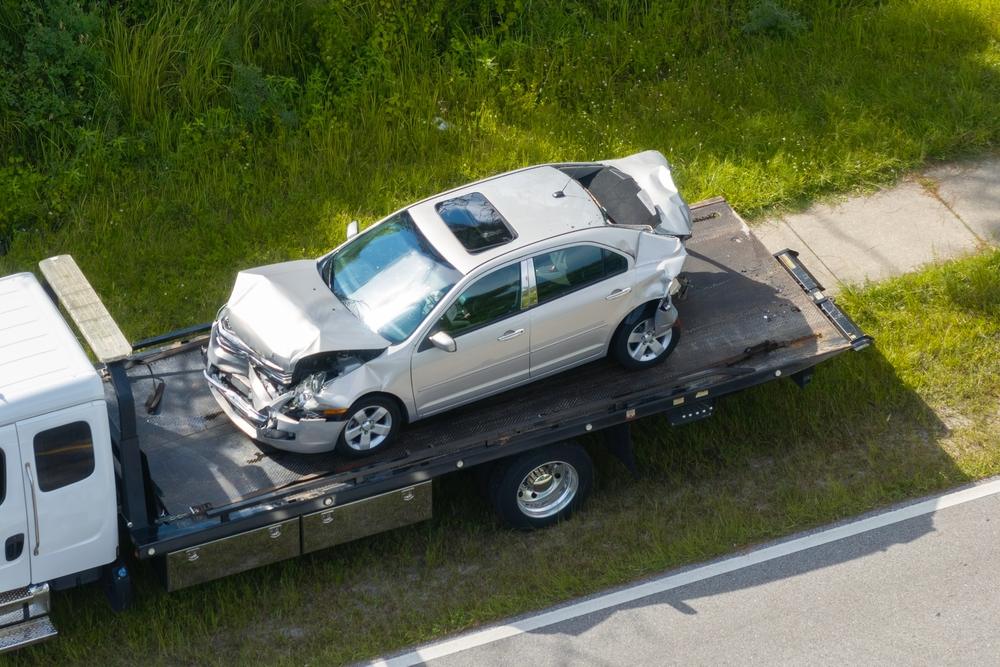
Yes, bedsores are often proof of neglect in Aurora nursing homes. When you or a loved one is in a nursing home, the staff should properly care for its residents. When they fail to do so, it is considered neglect, and our Aurora nursing home abuse lawyer can hold them accountable.
A lawyer will work with you to understand the situation and your options, and you can rely on us to provide guidance on how to proceed with your case, ensuring that you receive the information and support you need.
How Do Bedsores Form in Nursing Home Settings?
Bedsores, also called pressure ulcers, develop when a person’s skin experiences prolonged pressure, cutting off blood flow to the affected area. In nursing homes, this often happens when residents are left in one position for too long, such as lying in bed or sitting in a wheelchair without being moved.
Similarly, malnutrition and dehydration, common issues in long-term care facilities, can weaken the skin and slow healing. While these health factors increase susceptibility, attentive nursing care should identify and address them before bedsores develop. In most nursing home settings, bedsores are considered a clear warning sign of neglect.
Trained staff members should know how to prevent pressure ulcers by regularly turning residents, maintaining cleanliness, monitoring nutrition, and inspecting skin for redness or irritation. When these basic steps are ignored, bedsores can be proof of neglect in Aurora nursing homes.
Signs of Neglect in Aurora Nursing Home Care
You may notice neglect indicators, such as unaddressed resident complaints, which can lead to severe consequences. Some common signs of neglect include:
- Poor wound care
- Inadequate mobility assistance
- Insufficient nutrition and hydration.
When you identify these signs, it’s important to investigate further, as they may indicate a larger problem. Pay attention to resident complaints and observe the overall quality of care provided. Neglect in nursing homes can have severe consequences, making it important to recognize the signs and take action promptly.
The Role of Staff in Preventing Bedsores
Bedsores are proof of neglect in Aurora nursing homes, which often stems from inadequate care. Our team will investigate to determine whether staff responsibilities are clearly defined and include regular patient monitoring.
This involves regularly turning and repositioning patients to alleviate pressure on vulnerable areas. Staff should also inspect patients’ skin daily for signs of pressure ulcers and report any concerns promptly. Effective patient monitoring enables staff to identify and address potential issues before they escalate into serious problems.
By fulfilling their responsibilities, staff can greatly reduce the risk of bedsores developing. Regular training and supervision can help staff stay up-to-date on best practices and ensure they’re providing top-notch care.
What To Know About Liability For Bedsores in Aurora Nursing Homes
We will examine the liability of staff members who fail to provide adequate care, leading to the development of bedsores. As we consider staff liability, we will analyze instances of medical error, including neglect and substandard treatment.
Staff Liability
As nursing home staff members are responsible for providing care to residents, they can be held liable for bedsores that develop due to their negligence or failure to follow proper protocols. Staff accountability and caregiver responsibility are important in preventing bedsores.
Staff members will be held accountable for ensuring these protocols are followed, emphasizing the importance of staff accountability and upholding caregiver responsibility to provide quality care.
Medical Error
When a bedsore develops in a nursing home, it’s important to determine whether the wound resulted from a medical error, as this can markedly impact liability. Our team of nursing home abuse lawyers must assess whether the facility’s actions constitute medical malpractice, compromising patient safety.
By examining the circumstances surrounding the bedsore’s development, you can determine if medical error or neglect occurred, holding the facility accountable for any lapses in care that led to the injury.
Taking Action Against Nursing Home Neglect
You can take action by conducting nursing home audits to identify potential issues. If you suspect neglect, seek legal help from our team. Consider the following steps:
- Review medical records
- Document incidents
- Consult with an attorney
You’ll need to gather evidence to support your claim. Nursing home audits can help you identify patterns of neglect. If your loved one has suffered from bedsores due to neglect, they may be entitled to compensation. Don’t hesitate to seek legal advice to understand your options and pursue legal recourse if necessary.
Evidence to Gather to Prove Neglect in an Aurora Nursing Home Case
When bedsores develop in a nursing home, careful documentation is important to show that they resulted from neglect. Start by taking clear photographs of the sores, showing their size, depth, and location. These images help show how serious the injuries are and whether they worsened over time.
Statements from family members, other residents, or staff can provide additional evidence of neglect. They may have seen residents left in bed too long or noticed other lapses in care. Staffing schedules, daily care logs, and incident reports can show whether the facility had enough staff to meet residents’ needs.
If bedsores led to infection or hospitalization, hospital records and physician notes can show the consequences of inadequate care.
Collecting this evidence can make it clear that the sores were preventable and that the facility failed to provide proper care. This kind of documentation is often the strongest way to prove neglect in a nursing home case.
Learn More About Bedsores as Proof of Neglect in Aurora Nursing Homes
Bedsores can be a clear indicator of neglect in Aurora nursing homes, resulting from inadequate care and preventive measures. We at Charlie Therman Injury & Accident Lawyers, P.C. understand the importance of holding facilities accountable for unacceptable care and conditions.
Contact us today for a free consultation.





